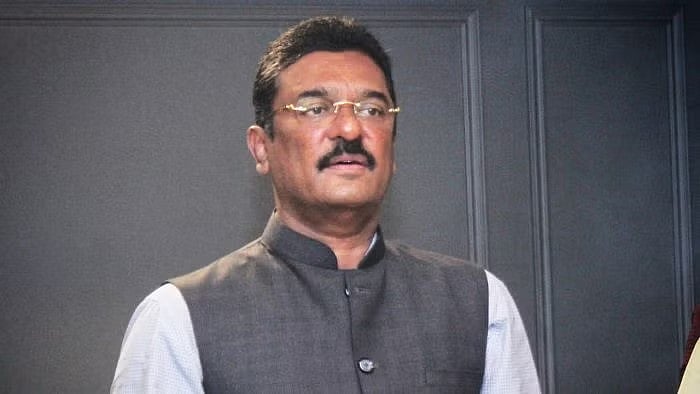The devastating double blow that Poland’s pro-European Prime Minister Donald Tusk has suffered this week could prove decisive for the survival of his wobbly coalition government. On Sunday, his centre-right nominee, the heavyweight mayor of Warsaw, was narrowly defeated by Karel Nawrocki, a little-known candidate of the Eurosceptic ultra-right Law and Justice (PiS) party in the country’s presidential election. On Monday, a vulnerable Tusk watched his coalition descend into open infighting, with disparate parties—some opposed to abortion, others endorsing same sex marriages, conservatives and leftwing radicals—baying for blood. Their patience has run out with the government’s lacklustre performance and see little reason to exculpate Tusk. No matter that his legislative reforms have been blocked by the hostile outgoing PiS President Andrzej Duda in collusion with the judges occupying Poland’s constitutional tribunal. With their eyes set on the 2027 parliamentary elections, PM Tusk’s partners would rather precipitate a brewing and bruising crisis than idly cohabit in a crumbling coalition. Their new-found momentum will be tested in the vote of confidence that has been called on the June 11.
Meanwhile, the turn of events since Sunday marks a moment of irony for PiS’s leader, Jaroslaw Kaczynski, who has faced down a challenge to his leadership since the party lost a third-time bid to power in the 2023 general elections. A PiS co-founder and ideologue, the reclusive Kaczynski handpicked president-elect Nawrocki, a scandal-tainted political outsider, for Sunday’s contest. Often dubbed the power behind the Polish throne, Kaczynski infamously refused asylum for millions of Syrian refugees entering Europe in 2015 and insisted that immigrants must be checked for diseases and parasites. His populist brand of nationalism plays on the horrors and humiliation inflicted during the Holocaust and Stalinist occupation and a revival of catholic Christian values. Through its eight-year misrule since 2015, PiS functionaries had infiltrated democratic institutions, trampled upon the judiciary’s independence and muzzled media freedoms. The deteriorating political climate had forced the European Union (EU) to withdraw the bloc’s development funds, worth billions of Euros, and launch infringement proceedings against Warsaw for the violation of the rule of law. This was the country once held out as the poster child of economic prosperity and liberal democracy since the EU’s 2004 expansion into the former eastern European countries.
This is a moment of reckoning for premier Tusk, a veteran politician who, as head of the Council of Europe, steered the European Union (EU) through many a crises. He had admirably articulated the bloc’s unified position in the fraught negotiations leading up to Britain’s departure from the EU in 2020, the COVID-19 pandemic and Russia’s 2022 full-scale war on Ukraine. Tusk has his task cut out.











